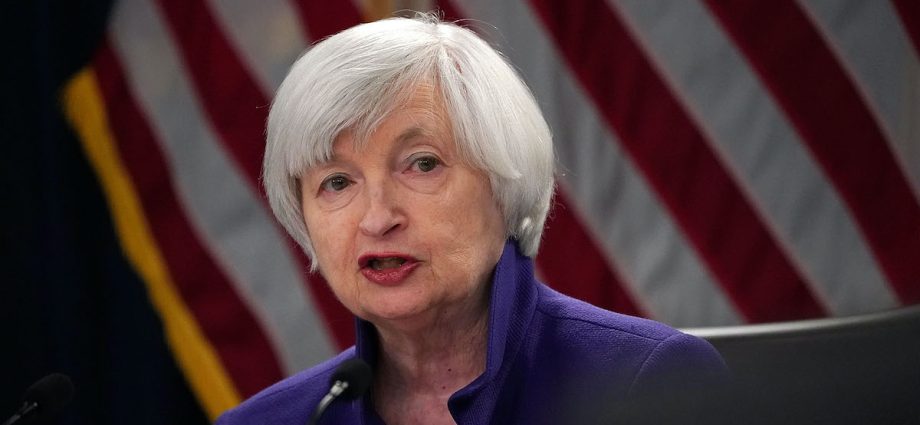
The Group of Seven Summit taking place in Japan this weekend could herald the start of a new era of global protectionism as the US continues its push for a G7-wide “screening of outbound investments” to China in certain cutting-edge technologies.
The European Union and the UK are also reported to be discussing a reinforcement of export controls on semiconductors and other technology that is regarded as critical to China.
As leaders of the world’s seven largest so-called “advanced” economies, which dominate global trade and the international financial system, US Treasury Secretary Janet Yellen, who was in Japan last week for a meeting of finance ministers, has said, “Obviously, it would be most effective if there’s coordinated action by a group of like-minded countries and agreement that this is a useful approach.”
She added that the United States would continue “informal” discussions on the measures with other G7 members, which are Canada, France, Germany, Italy, Japan and the UK.
The existing restrictions to China from the US and others have already led to a sharp fall in high-end tech exports, and with geopolitical competitions between the US and China seemingly intensifying, it is likely Western countries, led by America, will impose further export controls on new sectors and industries. These could include biopharma, biotech, and agricultural products, such as seeds.
While clearly every country needs to look out for its own interests in all levels, I am skeptical about the creeping protectionism and urge political and business leaders to pursue a safe and secure form of globalization.
As we have borne witness to in recent decades, globalization promotes economic growth by facilitating the free flow of goods, services, and capital across borders. When countries open up to international trade, they access larger markets, benefit from economies of scale, and attract foreign investment. This, in turn, leads to increased productivity, job creation, and higher living standards.
Also, critically, it encourages the exchange of ideas, knowledge and technologies among countries. It allows for the transfer of best practices, encourages innovation through competition, and facilitates international collaboration on research and development.
Through allowing the import of goods and services from different countries, consumers typically gain access to a wider range of products at competitive prices. On the other hand, protectionist measures restrict choices, limit competition, and raise prices for consumers.
Globalization has the potential to lift millions of people out of poverty. By integrating into the global economy, developing countries can attract foreign investment, access new markets, and diversify their economies.
In addition, a rejection of protectionism fosters international cooperation and diplomacy. By engaging in open trade and maintaining strong economic ties, G7 members can build mutually beneficial relationships with other nations.
This can lead to improved diplomatic relations, increased stability, and enhanced collaboration on global challenges such as climate change, cybersecurity, and public health.
While globalization has its challenges, the benefits outweigh the drawbacks. By embracing globalization and rejecting protectionism, G7 members can contribute to a more prosperous, interconnected, and peaceful world.
Nigel Green is founder and CEO of deVere Group. Follow him on Twitter @nigeljgreen.

